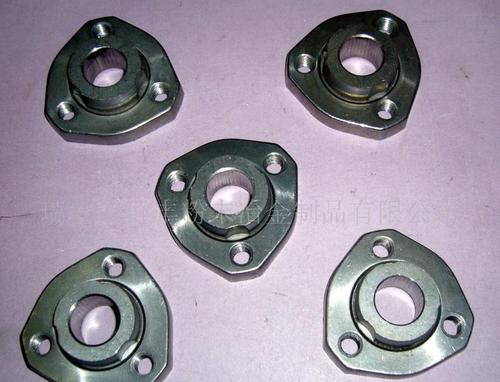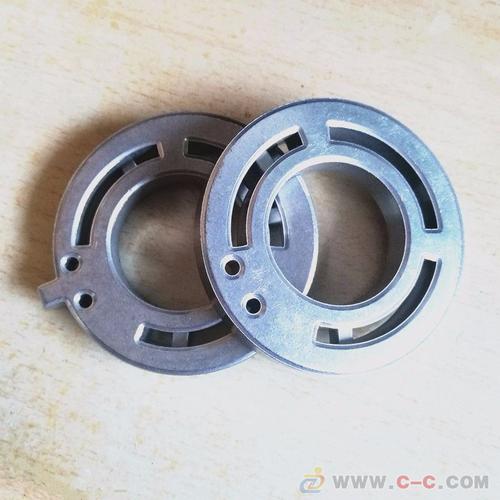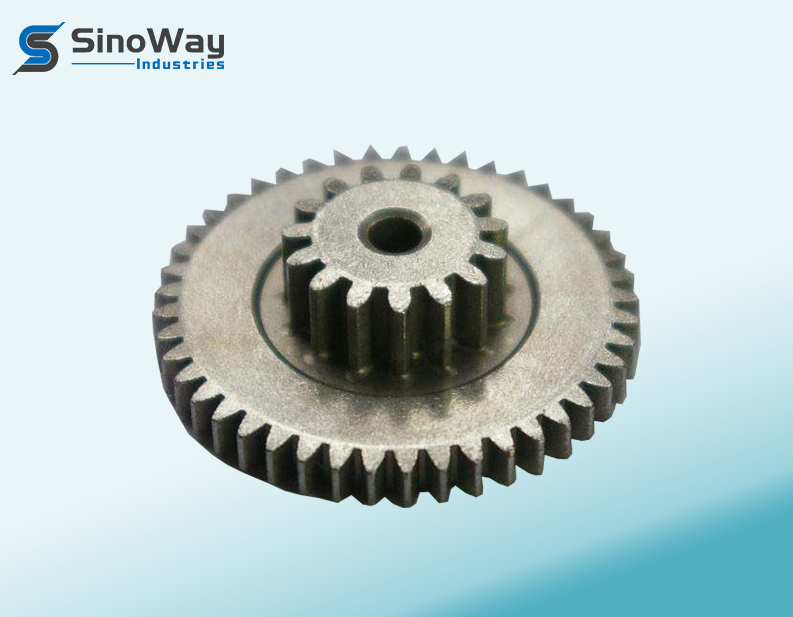In the realm of modern manufacturing, the quest for lightweight yet high-strength components is relentless. Industries ranging from aerospace to automotive are constantly seeking materials and processes that can deliver superior performance without compromising on weight. One such process that has emerged as a frontrunner in this quest is powder metallurgy. Companies like Sinoway, a leading sheet metal manufacturer, have been at the forefront of adopting and refining this technique to produce parts that meet the stringent demands of today’s industries.
Understanding Powder Metallurgy
Powder metallurgy is a manufacturing process that involves the production and processing of metal powders to create complex parts. The process typically involves four main steps: powder production, blending, compaction, and sintering. Each step is crucial in determining the final properties of the component.
- Powder Production: This involves the creation of metal powders through various methods such as atomization, reduction, or electrolysis. The choice of method depends on the desired properties of the powder.
- Blending: Different metal powders are mixed to achieve a uniform composition. This step may also involve the addition of lubricants or other additives to enhance the properties of the final product.
- Compaction: The blended powder is pressed into a desired shape using a die. This step is critical in forming the basic geometry of the part.
- Sintering: The compacted part is heated to a temperature below its melting point. This process bonds the particles together, enhancing the strength and integrity of the part.
Advantages of Powder Metallurgy
Powder metallurgy offers several advantages over traditional manufacturing methods, making it ideal for producing lightweight, high-strength parts. Here are some of the key benefits:
1. Material Efficiency
One of the standout advantages of powder metallurgy is its material efficiency. Unlike traditional methods that often involve significant material wastage through machining, powder metallurgy utilizes nearly 100% of the raw material. This is particularly beneficial for expensive or rare materials, where wastage can be costly.
2. Design Flexibility
Powder metallurgy allows for the creation of complex geometries that would be difficult or impossible to achieve through conventional methods. This design flexibility enables manufacturers like Sinoway to produce intricate parts that meet specific functional requirements without additional machining or assembly steps.
3. Enhanced Material Properties
The ability to blend different metal powders allows for the creation of materials with tailored properties. By adjusting the composition and processing parameters, manufacturers can produce parts with enhanced strength, wear resistance, and other desirable characteristics.
4. Cost-Effectiveness
While the initial setup costs for powder metallurgy can be high, the process becomes highly cost-effective for large production runs. The reduced material wastage, lower energy consumption, and minimal need for secondary operations contribute to significant cost savings over time.
Applications of Powder Metallurgy in Lightweight, High-Strength Parts
Powder metallurgy is particularly well-suited for applications where weight and strength are critical considerations. Here are some industries where Sinoway has successfully implemented this technology:
Aerospace
The aerospace industry demands components that are both lightweight and strong to enhance fuel efficiency and performance. Powder metallurgy allows for the creation of parts that meet these requirements while also offering the design flexibility needed for complex aerospace components.
Automotive
In the automotive sector, the push for lightweight vehicles to improve fuel efficiency and reduce emissions has led to the increased adoption of powder metallurgy. Components such as gears, bearings, and structural parts benefit from the high strength-to-weight ratio that powder metallurgy provides.
Medical Devices
Medical devices often require components with precise geometries and specific material properties. Powder metallurgy enables the production of biocompatible parts with the necessary strength and durability for medical applications.
Sinoway’s Expertise in Powder Metallurgy
As a leading sheet metal manufacturer, Sinoway has leveraged its expertise in powder metallurgy to deliver high-quality parts to various industries. The company’s commitment to innovation and quality has positioned it as a trusted partner for businesses seeking lightweight, high-strength components.
Sinoway’s state-of-the-art facilities and skilled workforce ensure that each step of the powder metallurgy process is meticulously executed. From powder production to sintering, the company employs advanced technologies and stringent quality control measures to produce parts that meet the highest standards.
Furthermore, Sinoway’s collaborative approach with clients ensures that each component is tailored to specific requirements. By working closely with customers, the company can optimize the design and material selection to achieve the desired performance characteristics.
Challenges and Future Prospects
While powder metallurgy offers numerous advantages, it is not without its challenges. The initial costs of tooling and equipment can be high, and the process may not be suitable for all types of materials or part geometries. However, ongoing research and development are continually expanding the capabilities and applications of powder metallurgy.
Looking ahead, the future of powder metallurgy appears promising. Advances in additive manufacturing and the development of new materials are expected to further enhance the potential of this technology. As industries continue to demand lightweight, high-strength parts, powder metallurgy will likely play an increasingly important role in meeting these needs.
Conclusion
In conclusion, powder metallurgy is a powerful manufacturing process that offers significant advantages for producing lightweight, high-strength parts. Its material efficiency, design flexibility, and ability to produce tailored material properties make it an ideal choice for industries ranging from aerospace to automotive.
Companies like Sinoway, with their expertise and commitment to quality, are well-positioned to leverage the benefits of powder metallurgy to meet the evolving demands of modern manufacturing. As technology advances and new applications emerge, powder metallurgy will continue to be a key player in the quest for superior performance and efficiency.
For businesses seeking to stay ahead in a competitive market, embracing powder metallurgy and partnering with experienced manufacturers like Sinoway can provide a strategic advantage. By harnessing the potential of this innovative process, companies can achieve the perfect balance of weight and strength in their components, paving the way for a more efficient and sustainable future.






